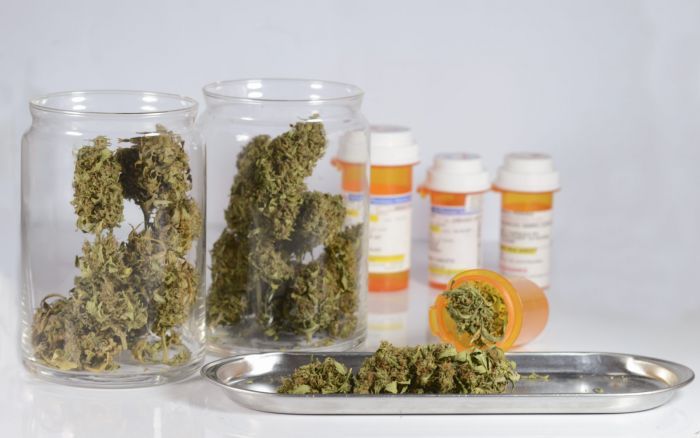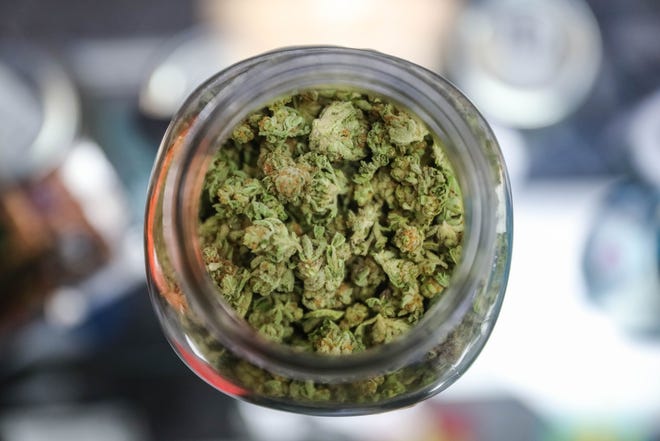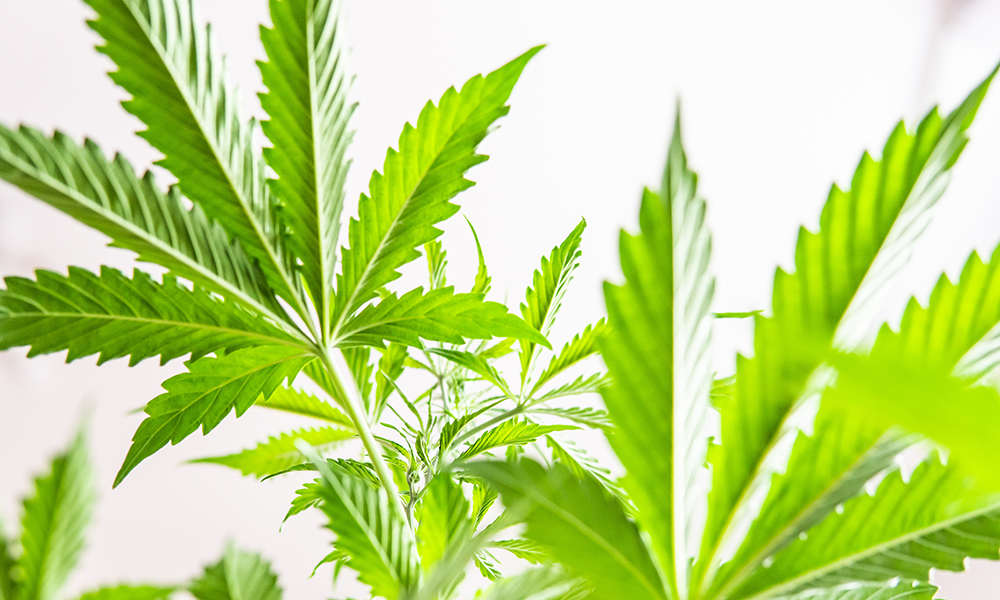New Mexico Voters Strongly Favor Marijuana Legalization And Half Back Drug Decriminalization, Poll Shows
A strong majority of New Mexico voters are in favor of legalizing marijuana with social equity provisions in place, and about half support decriminalizing drug possession more broadly, according to a new poll.
The survey asked: “Do you support or oppose a proposal to legalize, tax, and regulate cannabis, also known as marijuana, sales to adults 21 and over, with provisions in place to ensure the tax revenue is reinvested back into communities?”
Seventy-two percent of respondents said they favor the proposal, including 94 percent of Democrats, 46 percent of Republicans and 93 percent of independents.
Voters were also asked in the poll, which was sponsored by Drug Policy Action (DPA), about a variety of equity components, regardless of how they responded to the legalization question.
Majorities support scaling back licensing fees to bolster small businesses (80 percent), expunging prior cannabis convictions (67 percent), allowing those with previous marijuana convictions to participate in the legal industry (62 percent), stopping the denial of public benefits or health care based on cannabis use or positive cannabis drug tests (68 percent), banning police stops based only on the odor of marijuana (58 percent) and providing financial assistance to low-income medical marijuana patients (62 percent).
“New Mexicans are ready for cannabis legalization, and they want to see equity built into the legislative proposal to help right the many wrongs caused by the failed war on drugs,” Emily Kaltenbach, senior director of resident states and New Mexico at DPA, said in a press release.
“Repairing the damage done by cannabis prohibition is not negotiable,” she said. “It is time to stop criminalizing people for cannabis and instead realize the economic and social benefits of having cannabis possession and sales regulated in New Mexico.”
But beyond marijuana, there’s evidently an appetite for broadly drug policy reform among New Mexicans.
Asked if they “support or oppose making small-scale possession of all drugs for personal use a misdemeanor, instead of a felony which carries steeper penalties,” 62 percent said they are in favor of the proposal while 31 percent said they were opposed.
Those who said they support that policy were asked a follow up question: “Do you support or oppose making possession, not selling, of all drugs for personal use a civil offense with a fine instead of jail time?” And 79 percent of that group said they back decriminalization, compared to 16 percent who are against it.
That means that, according to the poll, 49 percent of New Mexicans support decriminalization.
Meanwhile, voters in Oregon have the chance next month to make their state the first in the nation to decriminalize drug possession by passing a ballot measure to enact the reform.
The New Mexico survey involved interviews with 1,193 voters from September 22-24. The margin of error is 3 percentage points.
It’s possible that the strong support for cannabis legalization could further increase if voters in neighboring Arizona approve the policy change through the ballot next month. And polling in that state also indicates that there’s a strong chance of passage, with two recent surveys showing growing majority support.
While legalization isn’t on the ballot in New Mexico, House Speaker Brian Egolf (D) recently said that the legislature will again attempt to advance the reform next session.
A bill to legalize cannabis for adult use passed one Senate committee in January only to be rejected in another before the end of the short 2020 session. But lawmakers seem intent on giving it another go, and they have strong support from Gov. Michelle Lujan Grisham (D), who said last month that marijuana legalization represents a positive fiscal opportunity for the state, especially amid budget shortfalls caused by the coronavirus pandemic.
In May, Lujan Grisham signaled that she may actively campaign against lawmakers who blocked her legalization bill in this year’s regular session. She also said in February that she’s open to letting voters decide on the policy change via a ballot referendum.
The legalization effort in the state may also get a boost next year from the results of this year’s primary elections in which several Democratic lawmakers who had opposed the reform were ousted by progressive challengers.
Rep. Javier Martinez (D) who chairs a joint committee that held a hearing last month to discuss the economic impact of cannabis reform, said he’s hopeful that the policy change will be enacted this upcoming session and said he anticipates that “in this year’s version of the bill, we are very likely to get Republican support, particularly on the Senate side.”



